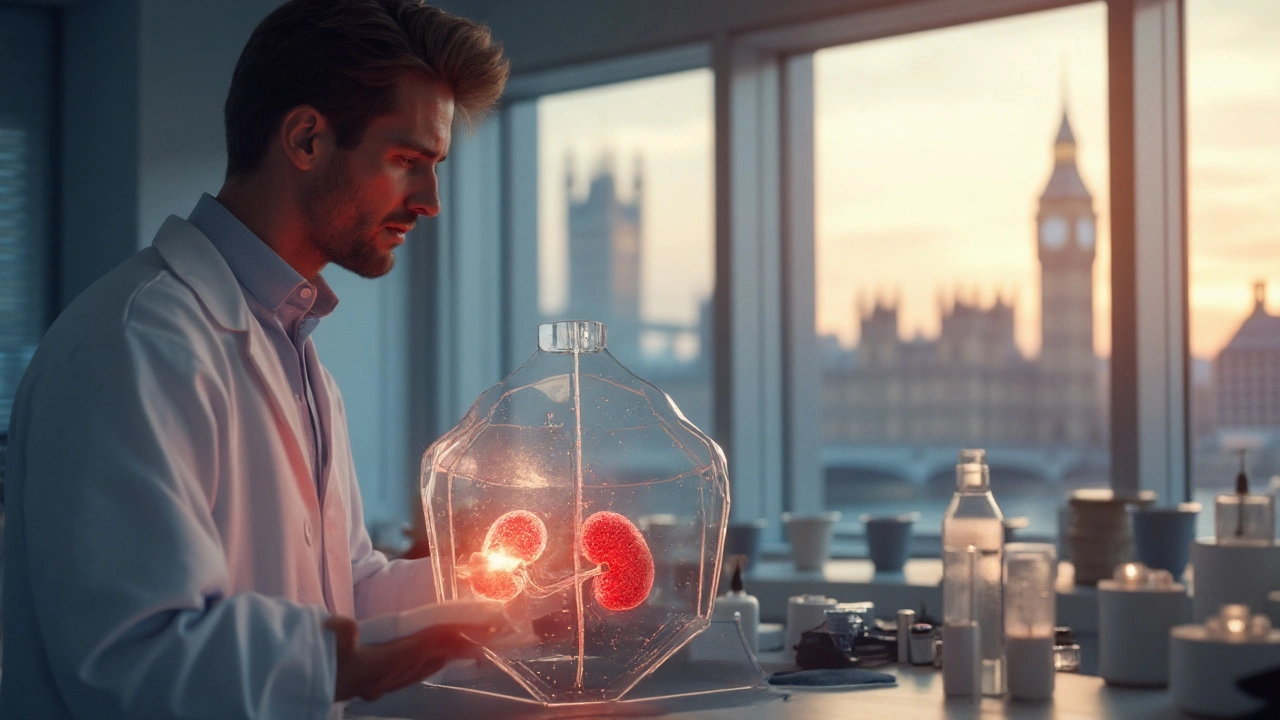Liver Detox – What You Need to Know
Your liver works nonstop – it filters toxins, balances hormones, and stores nutrients. When you flood it with sugary, caffeinated drinks, it can get overloaded. The good news? Small changes and a focused detox plan can give it a break and keep it running smoothly.
Energy Drinks and Liver Stress
Most energy drinks pack high levels of caffeine, taurine, and added sugars. Caffeine forces the liver to work harder to break down the stimulant, while excess sugar can turn into fat that piles up in liver cells, leading to fatty liver over time. Additives like artificial flavors and preservatives may also trigger inflammation.
One study showed that people who drank two or more energy drinks a day had higher liver enzyme levels – a sign the organ was under pressure. If you notice persistent fatigue, abdominal discomfort, or dark urine, those could be early clues that your liver needs a break.
Practical Liver Detox Steps
1. Hydrate with plain water. Aim for at least 2 liters a day. Water helps flush out toxins and supports liver cells.
2. Swap sugary drinks for herbal teas. Dandelion, milk thistle, and green tea contain compounds that protect liver cells and aid detox.
3. Eat liver‑friendly foods. Add leafy greens, broccoli, beets, and citrus fruits. They supply antioxidants and fiber that reduce liver fat.
4. Limit caffeine to one small serving. If you need a boost, try a half‑size energy drink or a coffee with a splash of milk instead of the full‑size can.
5. Give your liver a night off. Take at least two caffeine‑free days each week. Use those days to focus on nutrient‑dense meals and extra sleep.
Follow these steps for a week and you’ll likely feel less sluggish, notice clearer skin, and see better digestion. Your liver isn’t a mystery organ – it responds directly to what you put in your body.
Ready to give your liver a reset? Start by cutting down that daily energy drink, sip water, and add a few liver‑loving foods to your plate. Your body will thank you with more steady energy and fewer nasty cravings.
A science‑backed look at detox claims, how the body actually clears toxins, and what health professionals recommend for safe, effective cleansing.

